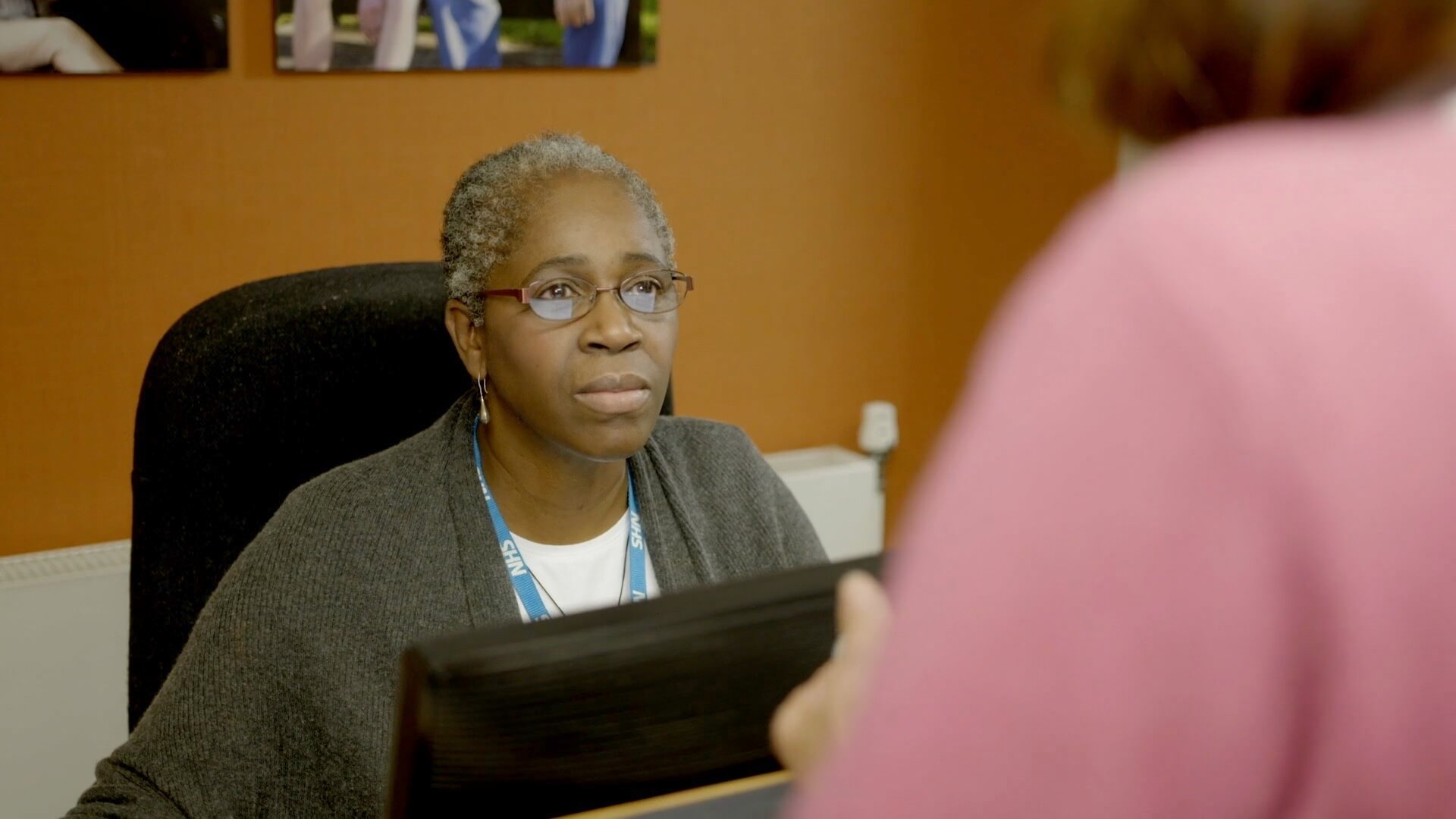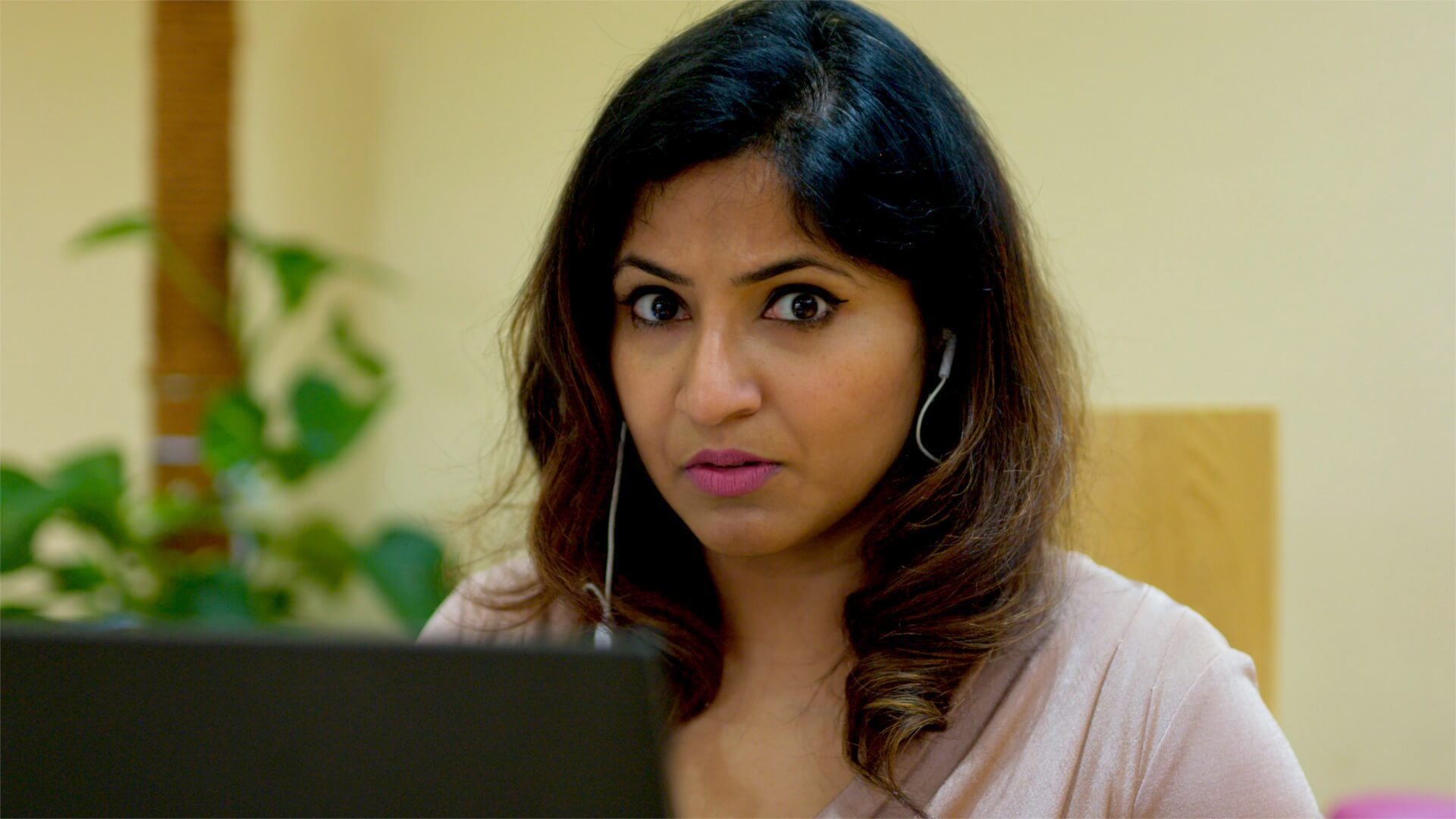Drama that starts conversations
everyone’s talking about itA great piece of televised drama will inspire conversation and debate amongst family, friends and colleagues. Well-told stories are inherently thought-provoking, placing the viewer ‘in the shoes’ of characters facing dilemmas and conflict. We take sides, we explore emotions and think about what we would do in similar circumstances.
“You need three things to make a great movie: a good script, a good script and a good script.”
Alfred Hitchock


‘Corporate video’ has a reputation for clunky scripts, wooden acting and poor production values. Budget considerations can limit the ambition of what’s possible when creating drama for learning, but constraints are only problems to be solved with imagination. It's perfectly possible to create compelling drama on a shoestring, low budget film-makers do this all the time.
It's about using what’s available in terms of location, hiring great actors and crew and, most importantly, getting the script right. The goal is to create relatable characters, human beings with flaws, goals, biases and humour.
Current practice vs improved practice
By creating fully rounded characters we can create much more nuanced scenarios than the ‘right way/wrong way’ dramas that have been a staple of video for learning for years. The key difference is that we focus in on the ‘grey areas’ - demanding the viewer to form an opinion on what works and what doesn’t, and observing behaviour as much as process.
Mockumentary
This gives us the option of ‘interviewing’ key players to show different perspectives. For example, we can hear from staff about their good intentions and counterpoint this with how their behaviour is affecting others.
Empathy building
A key advantage that drama has over documentary, is that we can take some license to show things that would be impossible in real life: for example, voicing inner thoughts which help the viewer to understand why a character is behaving a certain way. Point of view shots allow us to literally ‘see through the eyes’ of another person.
What would you do? Cliffhangers
When training about real life situations, it can be good to leave scenarios ‘open ended’ - e.g. present a situation or dilemma and ask the learner to consider their actions in response. These can be great when there is no ‘right answer’ and provokes discussion about different ways to deal with difficult situations.






